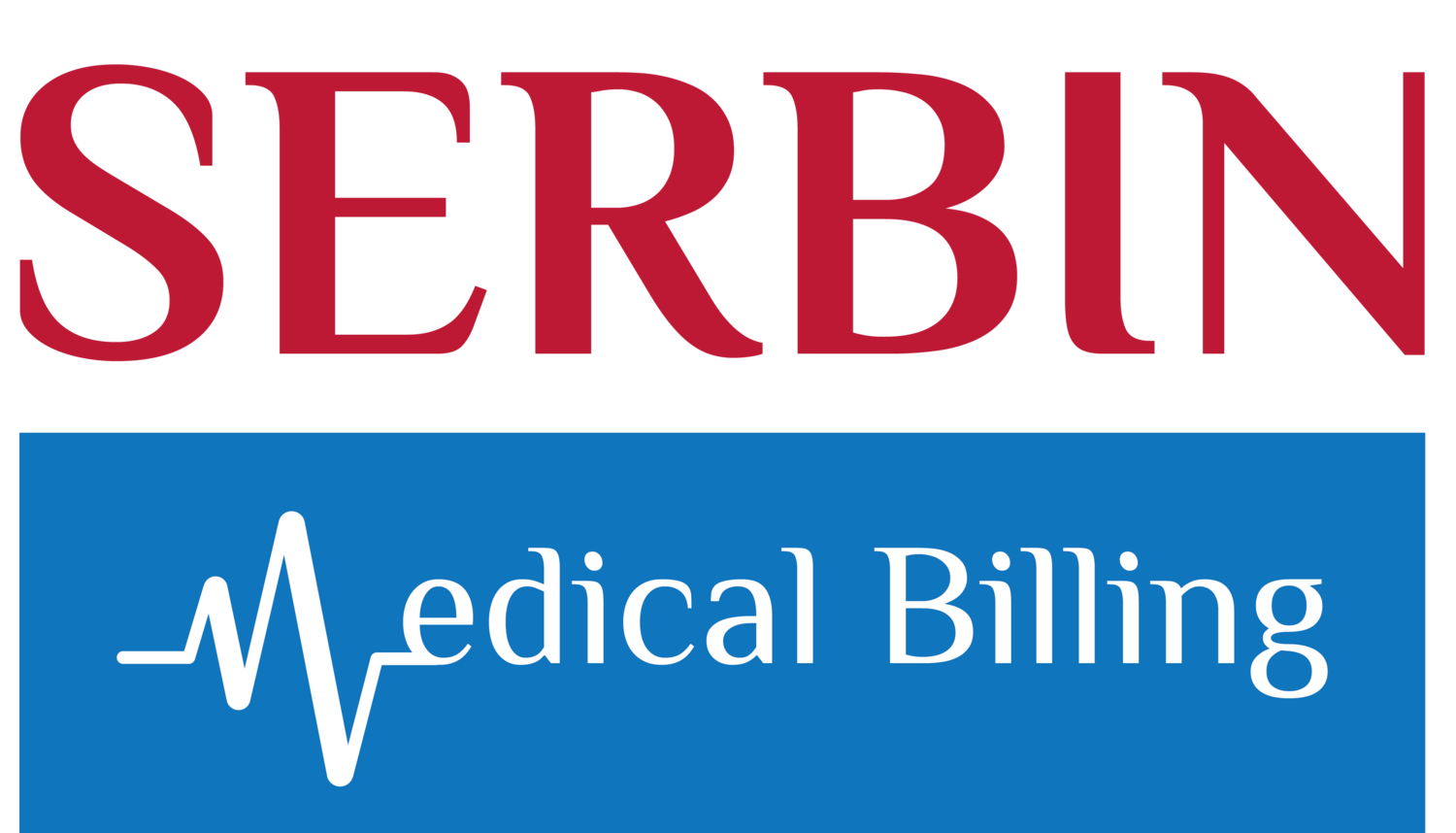Why ASCs outsource their revenue cycle management
Written by Caryl Serbin, President and Founder, Serbin Medical Billing | April 05, 2017 |
There are many reasons why ambulatory surgery centers choose to outsource their revenue cycle management to an independent contracted company. The three most common motives are as follows:
1. Constantly changing compliance and security issues. As government regulations increase and become more complex, it is incumbent on the ASC's business office to stay current on changes in Medicare, Medicaid, OIG, HIPAA and differing state requirements to avoid non-compliance.
Experienced revenue cycle management companies can relieve this burden and ensure coding, billing and collections are completed while maintaining compliance to applicable regulations.
2. Accounts receivable average above industry standards. Maintaining an acceptable level of days in your accounts receivable requires constant attention to, and enforcement of, third-party payer responsibilities. Most ASC business offices have a single person assigned to collecting payer and patient balances. This is likely to result in shortcomings when you take into consideration that thorough collection processes require:
• constant monitoring of third-party payer changes;
• comparison of payments to contract allowances;
• immediate follow-up on erroneous payments;
• follow-up on non-payment;
• follow-up on incorrectly submitted claims;
• requests for additional information;
• determining patient responsibility;
• sending patient statements;
• follow-up on patient balances;
• refunds;
• write-offs;
• adjustments; and
• collection agency determinations.
With all of these responsibilities, as well as answering telephones and covering other business office positions, it's not uncommon to see days in accounts receivable continue to mount.
Qualified revenue cycle management companies provide a team of ASC-experienced personnel whose only responsibility is to seamlessly provide these collection services and keep your accounts receivable at or below industry standards.
3. Decreased revenue. Any or all of the reasons listed in #2 above can result in inconsistent cash flow that limits the ASC's ability to meet regular financial responsibilities such as the following:
• Rent/lease payments
• Salaries/benefits
• Utilities
• Supplies
• Other overhead expenses
There is also, of course, the matter of owner distributions.
Choosing a Partner
Expert revenue cycle management companies pride themselves in their ability to increase an ASC's revenue and provide a reliable cash flow. In addition to experienced and resolute collection processes, there are other factors of working with a revenue cycle management company that can positively affect your revenue stream. They include the following:
• Optimized coding by a certified coder
• Clean claims out the door, fewer denials and erroneous payments resulting in faster and more accurate reimbursement
• Dedicated and determined collectors
• Experienced payment posters who scrutinize payments to determine if third-party payers are meeting their contractual obligations
In choosing a revenue cycle management company to work with your ASC's business office staff, it is important to find a company that is:
1. dedicated to and experienced in ASC billing and specific to your center's needs/specialties;
2. uses a team concept so your ASC always has the same billing personnel handling its accounts and providing assistance;
3. handles all regulatory and compliance requirements;
4. provides prompt communication and response to requests; and
5. operates in full transparency.
Note: These are just a few of the important considerations when selecting a revenue cycle management company. For more information, a white paper titled "The 'ABCs' of Outsourcing Your Revenue Cycle Management" is available here.
Caryl Serbin, RN, BSN, LHRM, is president and founder of Serbin Medical Billing (SMB), an ASC revenue cycle management company. SMB's primary objectives are to provide the best coding, billing and accounts receivable management services available to ambulatory surgery centers (hospital joint-venture, corporate-owned or independent) and anesthesia providers. Serbin has been a leader in the ASC industry for 30 years. She was the founder of the first ASC-specific billing company.
Article: http://www.beckersasc.com/asc-turnarounds-ideas-to-improve-performance/why-ascs-outsource-their-revenue-cycle-management.html




